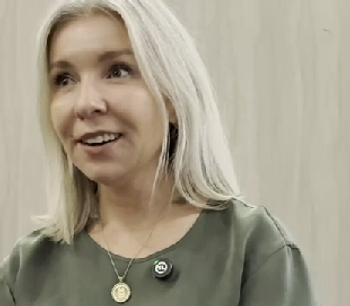
LGBT: Tips for Trans-Inclusion in Mental Health
Psychiatrists, physicians, and mental health professionals are often asked to treat patients facing issues of sexual orientation and gender identity. Here are quick Tips for trans-inclusion of LGBTs.
At the heart of the lesbian-gay-bisexual-transgendered (LGBT) community is the desire for inclusion and acceptance. Medical guidelines geared toward the LGBT community have barely caught up with the reality of the everyday human experience of these individuals, but fortunately, psychiatrists often are at the cutting edge of the matter.
The APA addressed the term Gender Identity Disorder (GID), in
TIPSHEET: QUICK TIPS FOR TRANS-INCLUSION
• Language: Use the name, pronoun, and terms preferred by those you encounter
•Manners: Remember HIPPA and don’t discuss a person’s transgender status with others unless it is absolutely necessary for their well-being or safety
• Focus: Try to help in any way the person desires, and refrain from using the transgender person primarily as an educational opportunity for yourself or colleagues (unless offered)
• Policies: Your agency should have a written policy on non-discrimination on the basis of sexual orientation as well as gender identity
•Confront: Have a policy that prohibits prejudicial behaviors and statements, not only by staff, but by other clients
• Paperwork: Make sure items appropriately distinguish between sexual orientation and gender identity
• Know & Tell: Sensitive questions should be prefaced with an explanation about why the information is needed
• Empower: Lead the way when necessary, but allow the transgender patient to take over when possible
• Be Creative: Existing systems, forms, and facilities may not fit transgender people, so adapt them to their needs
• Advocate: Push for beneficial changes, either in your agency, in your field, or as a volunteer citizen
• Diagnose and Treat: Keep the transgender possibility in mind if treatment doesn’t proceed as expected, especially with couples therapy
• Learn, Learn, Learn: Given our lack of exposure and knowledge, find ways to educate yourself. Go to a transgender organization or event. Attend an in-service presentation on the topic. See movies like “Boys Don’t Cry.” Read autobiographies
• Thank a transgender person. Show appreciation for what they are teaching us about gender, appearance, courage, hope, and human potential
Note:
Newsletter
Receive trusted psychiatric news, expert analysis, and clinical insights — subscribe today to support your practice and your patients.







